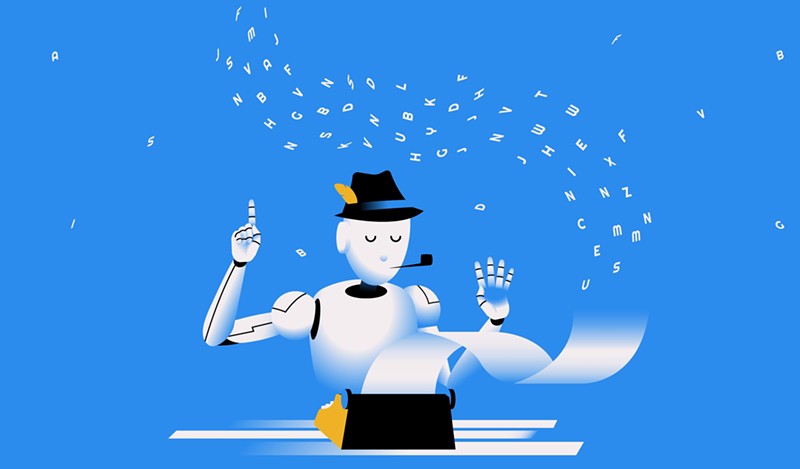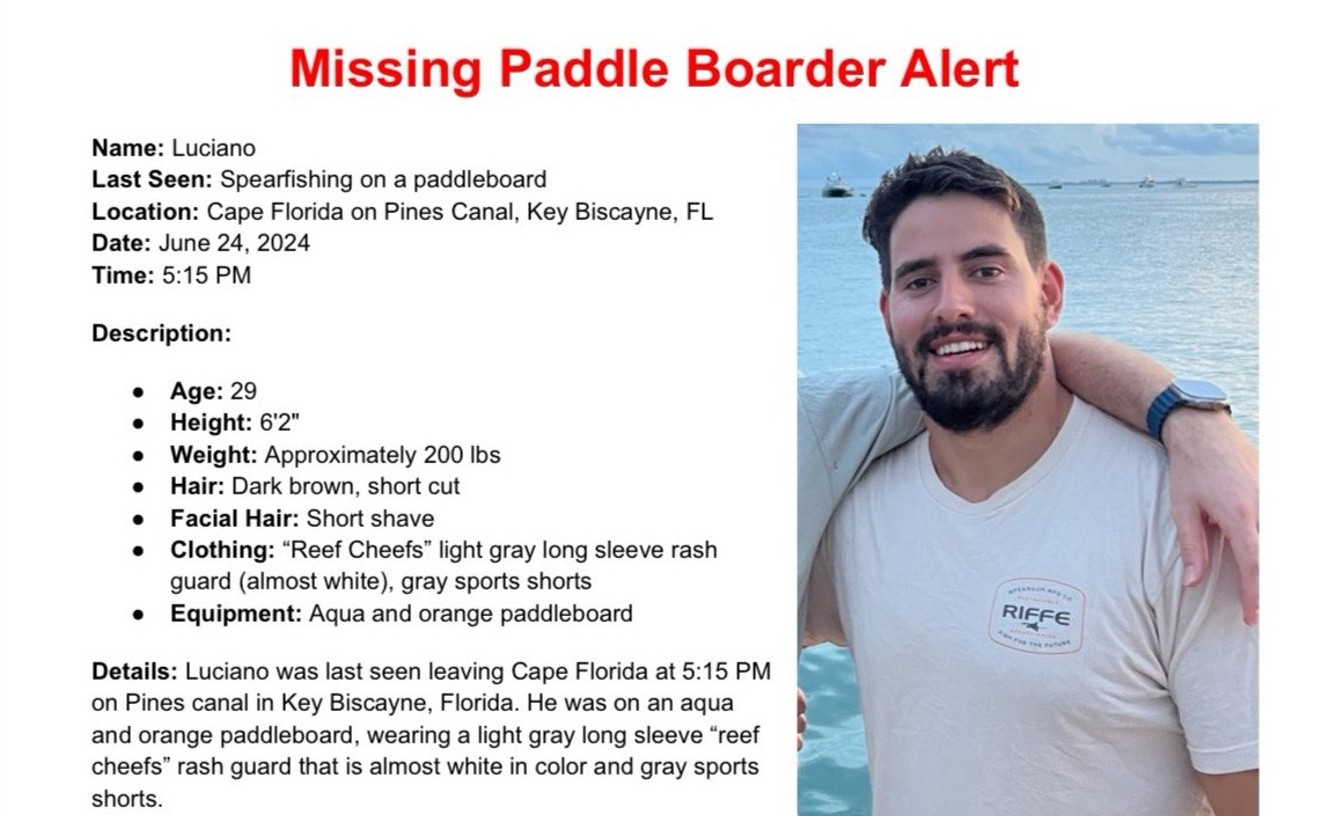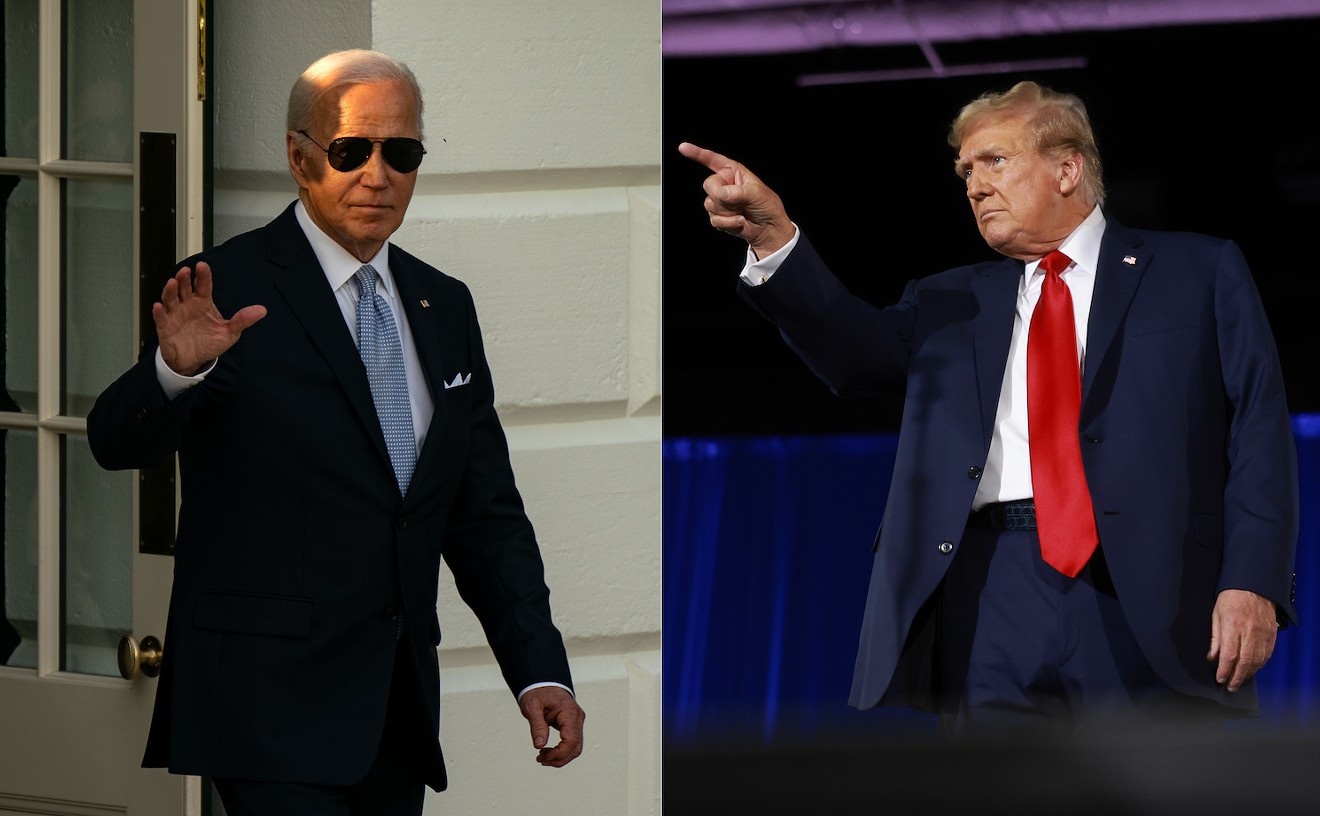You probably don't because they are not real people.
Although the names are featured in bylines all over Hoodline's Miami news website covering local politics, weather, food, and crime throughout South Florida, their articles are products of artificial intelligence (AI).
As our friends at the Dallas Observer reported, Hoodline — which covers 25 cities across the U.S. including Dallas, San Francisco, Chicago, Los Angeles, Tampa, Washington D.C., and Atlanta — uses AI-generated articles with bogus names to simulate journalism. The company reportedly started out using fabricated bios and headshots, though those features have since been removed, leaving only the fake names.
The company's use of AI has played into fears that artificial intelligence-written articles will jeopardize the future of journalism and fuel the rapid spread of misinformation if the practice remains unchecked.
Hoodline announced in April that it would place an "AI" label next to the names of the "writers" to denote articles created with AI-generated content.
Odd Takes
One example of irregularities in the AI-generated news appears in Hoodline's January article about the Miami-Dade State Attorney's Office's decision not to press charges against a cop who fatally shot local resident Jaime Robles during a Miami Springs hotel raid in 2022.The Hoodline article cites New Times, which broke the story on the morning of January 5 after obtaining a state attorney's memo about the case and completing hours of research about the incident. As New Times' coverage noted, a tactical unit carried out the raid after detective Cesar Echaverry was killed in a shootout while pursuing a suspect from a Dania Beach armed robbery.
The Hoodline AI-generated article appeared to make unusual leaps in logic, including a line that says Robles was "mistakenly identified as connected" to the armed robbery.
While Robles was not present during the shootout with Echaverry, the memo notes that the suspect was staying in Robles' hotel room, kept a gun there, used Robles' car, and that police were investigating whether Robles had a role in the robbery. Robles' family denied his participation in the theft; still, it's unclear how the Hoodline article concluded that, as a matter of fact, he was not "connected."
The Hoodline piece also had some odd phrasing that signaled that it was created by an AI tool rather than under the hand of a flesh-and-blood writer.
"This tragedy unfolds as a narrative bereft of clear heroes and villains, the lines between law, order, and the safeguarding of innocent lives blurred as we continue to piece together the events of that fateful day," the article waxes in robotically poetic fashion.
High Output
The Hoodline Miami site shows that their "reporters" are churning out content at a dizzying pace. The website is filled with press release coverage, weather updates, crime reports, and coverage of missing people.Original reporting, interviews, scoops, and content requiring investigative work are generally absent from the recent Miami coverage.
Here is just a quick sample of stories written by their team of AI reporters:
- "Fort Lauderdale Offers Sandbags for Flood Prevention as Hurricane Season Approaches."
- "Fort Lauderdale's Holiday Park Expects Bustling Event Crossover with 2,000 Attendees This Friday."
- "Texas Man Found Deceased Following Standoff with Port St. Lucie Police at Shopping Plaza."
- "Broward Sheriff's Office Ramps Up Search for Missing Fort Lauderdale Airport Passenger Jean Claude Beauvil"
Hoodline's Case for Fake Bylines
Hoodline, whose motto is "in-depth reporting about your home area," used to rely on human journalists when it was founded in San Francisco in 2014, according to CNN. Impress3 says that when it bought Hoodline in 2020, the operation was "on the brink of being shut down." The company shifted to a model where it employed "junior-level journalists to use various tools," including AI, to "reblog police press releases and create reliable, simple news stories." The outlet transitioned to primarily artificial intelligence-generated news as it expanded its coverage nationwide.
The bottom of its website includes a small "Use of AI Disclaimer."
"Our stories are cultivated with a human-centric approach, involving research and editorial oversight," the disclaimer reads. "While AI may assist in the background, the essence of our journalism — from conception to publication — is driven by real human insight and discretion."
Impress3 CEO Zachary Chen said that artificial intelligence allows Hoodline to provide reporting in news deserts. He maintained that "dozens of editors as well as dozens of journalist researchers" are on full-time staff. He also told Nieman Lab that the AI personas were created by AI at random along with their beats and cities.
Hoodline is certainly not the only outlet to use AI for its content — Sports Illustrated made waves last November for its AI reporters and fake bios and headshots. SI deleted the material after news broke about its use of AI.












